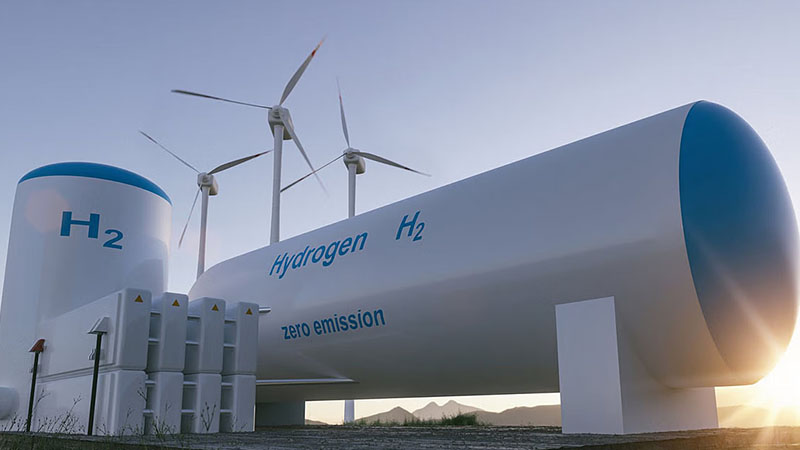The European Commission has given the green light to a USD 7.4 billion (EUR 6.9 billion) project aimed at constructing a network of hydrogen infrastructure across Europe, announced by the commission.
As outlined in the EU Commission’s official press release, the project aims to deploy electrolyzers, pipelines, storage facilities, and Liquid Organic Hydrogen Carriers (LOHC) to reduce the bloc’s reliance on natural gas and expedite the continent’s shift towards clean energy.
Dubbed “IPCEI Hy2Infra,” the project involves the participation of seven member states – France, Germany, Italy, Netherlands, Poland, Portugal, and Slovakia – and will be financed through a blend of public and private investment.
Approval for IPCEI Hy2Infra came after the commission verified its compliance with the requirements laid out in the Communication on Important Projects of Common European Interest. Margrethe Vestager, Executive Vice-President overseeing competition policy, praised the project as one that “will deploy the initial building blocks of an integrated and open renewable hydrogen network.”
The project’s core elements comprise 3.2 GW of large-scale electrolyzers generating hydrogen from renewable sources, 2,700 kilometers of both new and repurposed hydrogen pipelines, and hydrogen storage facilities boasting a minimum capacity of 370 GWh. Additionally, the project will feature handling terminals for liquid organic hydrogen carriers (LOHCs), capable of managing 6,000 tonnes of hydrogen annually.


